Airbnb Rules: 9-Step Checklist to Stay Within the Law
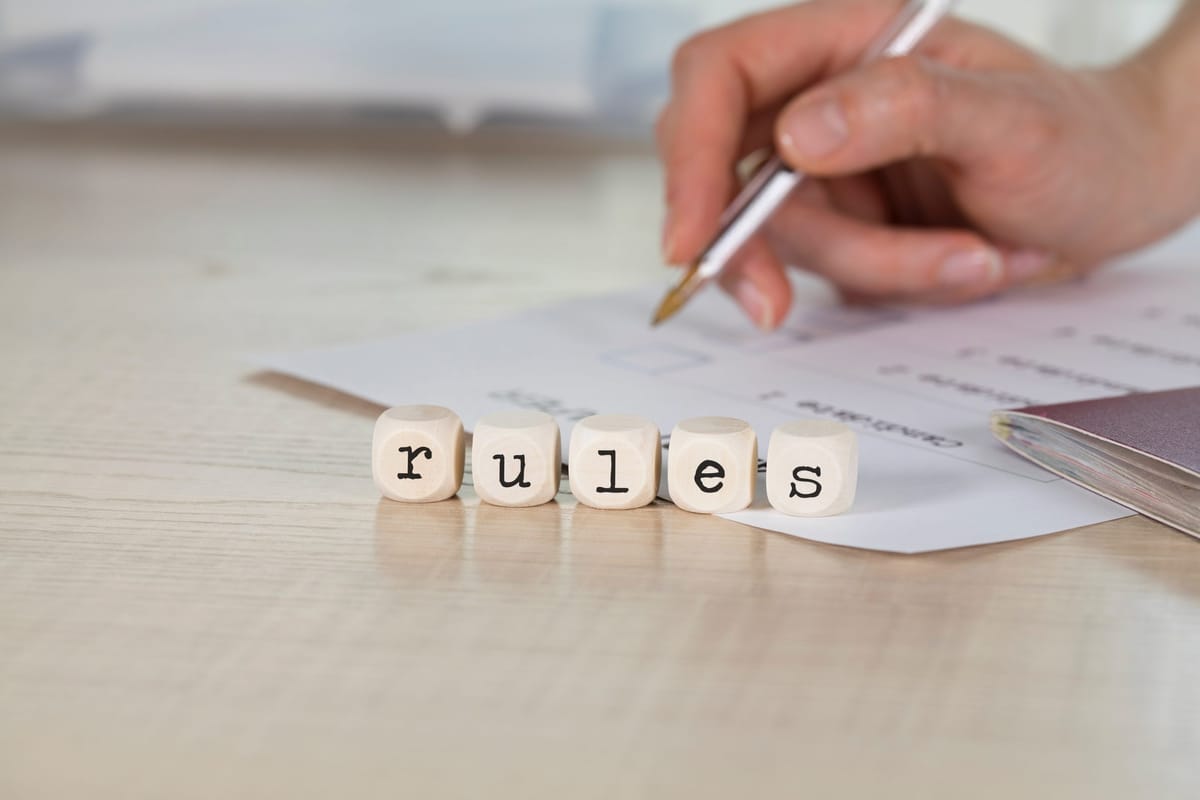
Before listing your property on Airbnb, it is a good idea to do some research. First, you need to check whether there are any specific rules regarding short-term rentals in your city. If you are not the actual rental property owner, it won’t hurt to check your lease agreement.
In many cases, subleasing is not permitted and you can end up being evicted if you start renting out your property to Airbnb guests.
Airbnb’s rules and directives vary greatly from location to location given the fact that the rules are often based on what the local laws are for short-term rentals in each location. That said, there are some general rules that apply to most locations that you can use as a starting point in determining whether or not your listing is actually allowed.
Here are the top things to look for when you check to see if your listing complies.

1. Check Your Short-Term Rental Rules
The first step to determining whether or not your listing will be allowed per Airbnb’s rules is determining exactly what rules and Airbnb regulations apply to short-term rentals in your area.
Not all local governments allow Airbnb or home-sharing while other places have laws in place to govern the practice via business licensing, zoning regulations, and hotel ordinances.
Airbnb has created some local help pages to provide you with some preliminary guidance. Here are some examples:
What regulations apply to my city? | Airbnb Help Center
Responsible hosting in the United States (scroll down to see your city’s directive section, or look for ordinances from city officials, like updates on an annual permit)
If you’re struggling to find this information online, consider contacting your local government offices directly. When you do this, you just may uncover that the rules are actually different depending on the exact city or town you live in.
You might even discover that there are only a couple of (or possibly even no) restrictions regarding vacation rentals in your city. So, you will be able to proceed with listing your property without any obstacles.
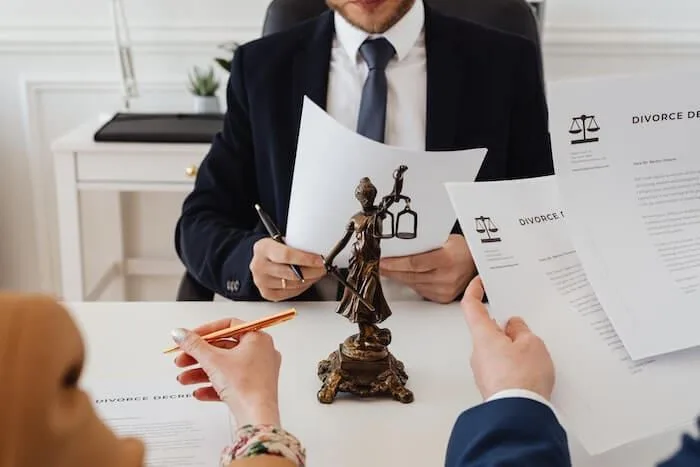
2. Obtain the Necessary Permits and Licenses
Many cities in North America require you to obtain permits and a business license before you can begin operating your Airbnb business. While the exact requirements can vary, there is often no difference between renting out a room in your home and having multiple properties listed on Airbnb.
You will be considered a real estate business owner by your local government. Depending on where you’re located, these documents may have different names, such as a ‘business license,’ ‘lodgers tax license’, ‘land use permit,’ or ‘TOT certificate.’
If you have more than one property, even if they are located within the same state, you may be required to obtain different licenses or permits for each property before it can be listed on Airbnb.
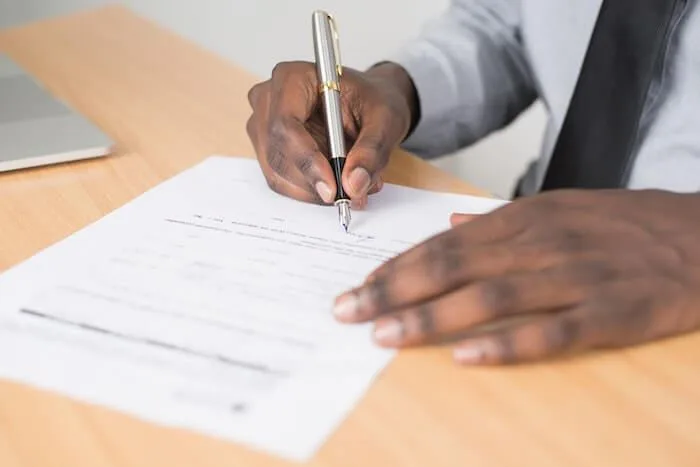
3. Check the Taxation Rules
In some tax jurisdictions, Airbnb is required to collect the local occupancy tax on your behalf. However, in other locations, Airbnb hosts are solely responsible for making sure that the necessary taxes are paid from their Airbnb earnings.
You may also need to register for a tax identification number in order to pay these taxes by their due dates. It is vital that you understand that taxation rules aren’t always covered by Airbnb explicitly but you will still be required to pay them.

4. Make Sure to Comply With Safety and Insurance Regulations
Once you’ve determined what documents you need in order to start an Airbnb business, you’ll also need to bring your property into compliance as well. Every location has its own safety regulations for tenants, such as making sure that smoke detectors are installed or that the property has a fire exit, in order to protect Airbnb guests in the event of an emergency.
Make sure that you have performed the necessary renovations to your property and obtained the proper insurance to ensure guests’ safety.
After obtaining the required documentation, it’s time to make sure that your property is in compliance with the local safety regulations. Each region has different safety regulations for tenants of short-term rentals. For instance, you might be required to install carbon monoxide detectors, fire extinguishers, and first-aid kits, or provide a well-lit path to the entrance.
Another crucial point is to invest in the right insurance. Standard home insurance policies might not cover short-term rentals, so it’s essential to check your existing policy or consider purchasing additional coverage.
Some insurance companies offer policies specifically designed for short-term rental properties rather than residential property. Remember, ensuring your guests’ safety not only abides by the law but also contributes to positive reviews and return guests. Your insurance needs to cover your entire house, not as a primary residence but as a short-term rental.
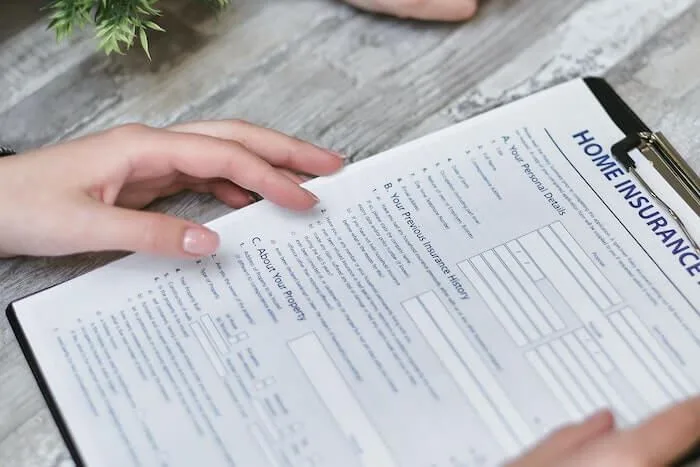
5. Be a Good Neighbor
As an Airbnb host, maintaining good neighborly relations is not only an Airbnb rule but also a practice that helps in the smooth running of your rental business. Familiarize yourself with the local noise regulations and quiet hours, and communicate them clearly to the guests who booked your short-term rentals. Nothing drives neighbors crazy quicker than loud noises, especially when they’re happening after hours.
One effective way to communicate your expectations is through Airbnb house rules. Crafting a comprehensive house rules list will set clear boundaries and prevent potential misunderstandings. For instance, if unreported guests are not allowed, clearly state this in your house rules.
If you’re unsure of what to include, look at Airbnb house rules examples from another successful listing page similar to your property. Here are some common examples:
- No parties or events
- No loud music
- No pets (or specific rules about furry friends if allowed)
- No smoking (cigarette butts are very damaging to the environment)(If you are not okay with guests smoking inside, but permit smoking outside, be sure to charge for extra cleaning)
- Respect for neighbors (keeping noise levels down, especially during certain hours)
- No unregistered guests without prior approval before check-in
Regularly remind guests about the house rules, particularly the ones concerning noise, unregistered guests, and respect for the neighborhood. It’s essential to reinforce these rules both prior to their arrival and during their stay, either in person, via email, or through the Airbnb messaging system.
In 2021, Airbnb permanently banned parties from taking place in any Airbnb-listed property. As the host you’ll have to provide proof that you have gone above and beyond to prevent parties and if you do find your guests hosting a party, you’ll need to report it to Airbnb very quickly.
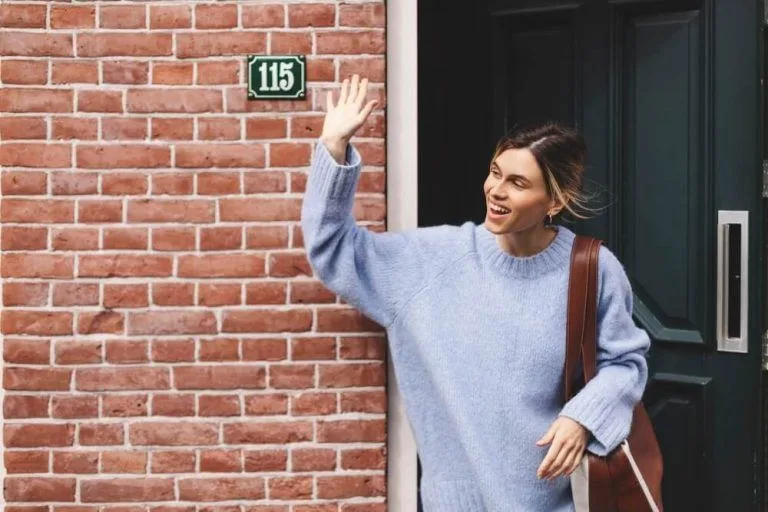
6. Don’t Try to Oversell Your Rental
Accuracy and transparency are key when creating your Airbnb listing page. However, it’s also important to make your property stand out among the competition. Spend time crafting a catchy title and detailed description that highlights the unique features and amenities of your property.
In your house rules section, be sure to clearly and concisely state what you expect from your guests to maintain a safe and respectful environment.
Airbnb’s Content Policy is pretty straightforward: if a listing is misleading or provides any deceptive details, it is going to be removed from the platform. In other words, your property’s photos, description, and title should totally live up to guests’ expectations.
Remember to be upfront about potential drawbacks such as a busy street nearby, stairs without a lift, or a small bathroom. This honesty prevents negative reviews from guests who feel misled and appreciate knowing exactly what to expect.
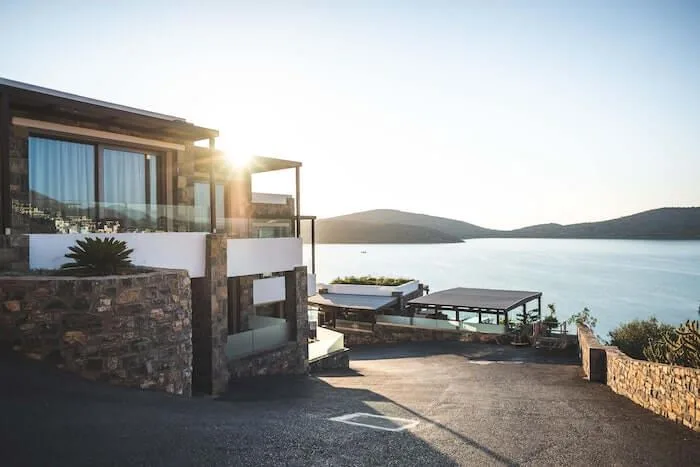
7. Understanding the Risks and Penalties of Non-compliance
It’s crucial to understand the potential risks and penalties that come with not following the rules. Non-compliance with Airbnb’s rules or local regulations can lead to serious consequences, ranging from fines and penalties from local authorities to being sued by unhappy guests or neighbors.
Moreover, Airbnb can suspend or remove non-compliant listings from its platform, which can significantly impact your rental business.
8. The Role of Professional Property Management Companies
Many property owners decide to work with professional property management companies, especially if they have multiple properties or live far away from their rental property. These companies handle all aspects of the rental process, from setting up and managing listings to interacting with guests and dealing with maintenance issues. They can ensure your Airbnb rentals stay within the law, reducing the risk of problems or penalties.
These companies can also help optimize your listings for more visibility, manage pricing strategies to maximize revenue, and provide detailed reporting to track your rental business’s performance.
While there is a cost involved, many hosts find the benefits and peace of mind they receive to be worth the investment.
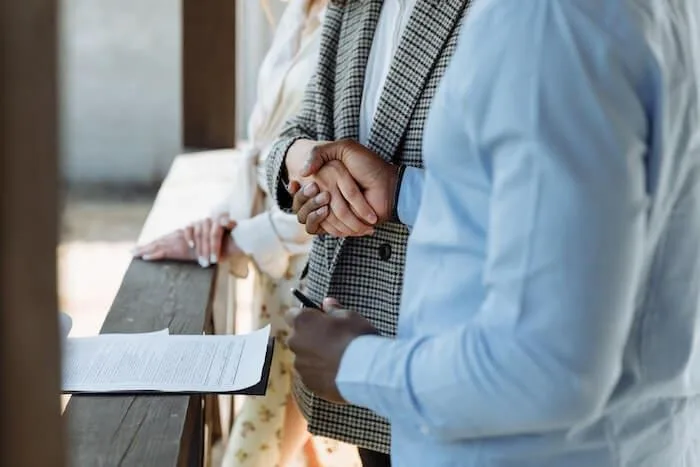
9. Stay Up-to-Date with Short-Term Rental News
Larger US cities like New York and Chicago have been placing limitations on short-term rental property for years. The local governments have passed laws and regulations aimed at limiting stray duration and deterring potential guests from choosing vacation rental properties over classic hotels. Hotel rooms are a dime a dozen in New York, but Airbnb rentals are less common.
While keeping the rules simple, bigger cities can occasionally change their regulations and if you’re not staying up to date then keeping within the law will be extremely difficult.
Conclusion
Once you’ve covered all of these important steps to determine if your Airbnb listing page is allowed, you’ll be ready to create your listing and start earning. Moving forward, keep in mind to stay up-to-date on the new requirements and regulations introduced by Airbnb or your local authorities.
To ensure you don’t miss out on anything important, and keep control over your business, opt for vacation rental software. Vacation software such as iGMS will streamline your routine operations so you can dedicate your time to more vital aspects of your business. With iGMS, you will be able to:
- Seamlessly manage your multiple properties across Airbnb, Booking.com, Vrbo/HomeAway, and other short-term rental OTAs. You can also add other channels using iCal.
- Promptly find and reply to your guest messages using a unified inbox and automated message templates;
- Automate the process of reviewing your guests;
- Use a direct booking management toolset to handle bookings coming from sources other than rental platforms;





![Your Monthly iGMS Roundup [February 2020]](/content/images/size/w600/wordpress/2020/02/igms-roundup-feb-2020-cover.png)

